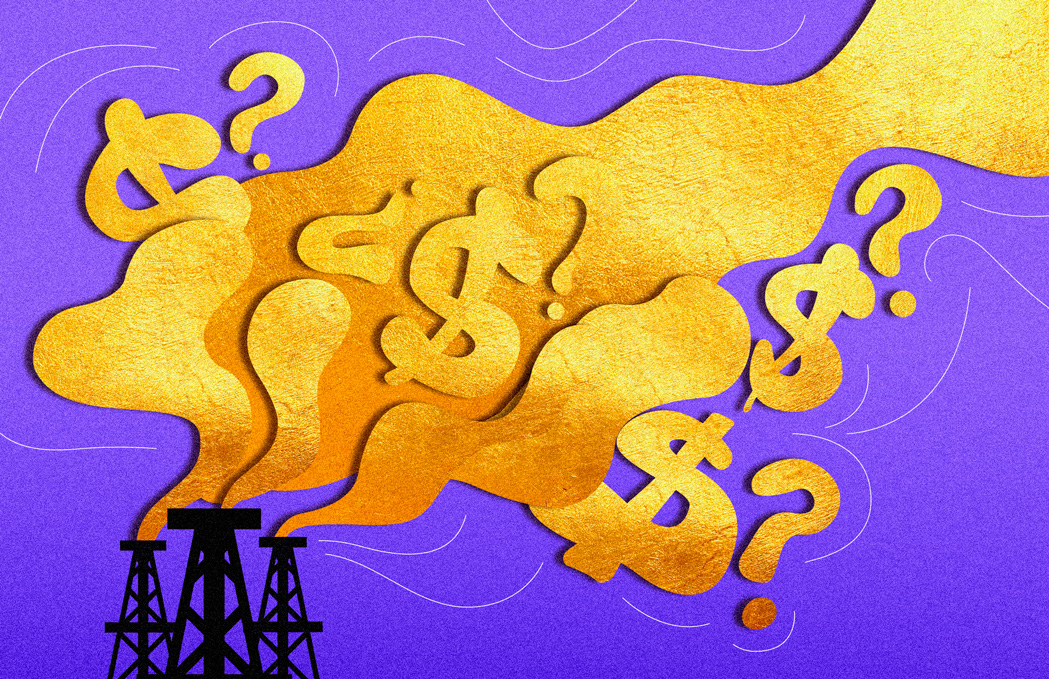Gold is perceived as a safe-haven asset for investors, providing them with diversification opportunities. International investors prefer to shift to gold investments when the economy underperforms, as in recessions or periods of economic uncertainty, or when global oil prices are highly volatile. Movements between crude oil and gold prices have crucial implications for the economy. The prior literature argued that gold prices are tightly knitted to oil prices, meaning a decline in oil prices follows an extreme drop in gold prices and vice versa.
The COVID-19 crisis had particularly created a contagion impact on bitcoin, oil, gold, and exchange markets. As such, other recent crisis periods, namely the gold market crash (GMC), the European sovereign debt crisis (ESDC), and the global financial crisis (GFC), might also have contagious effects on the dynamics of oil and gold prices.
To evaluate how this relationship may affect investment decisions during these four recent crisis periods (COVID-19, GMC, ESDC, and GFC), I published along with my colleagues Ashutosh Sarker (University of Alberta, Canada), Robert Brooks (Monash University, Australia), and Hung Xuan Do (Massey University, New Zealand), the study “Does oil impact gold during COVID-19 and three other recent crises?” (Energy Economics, 2022). Investors invariably seek a better choice for their diversification purposes. Our study draws on the assumption that financial traders’ portfolio diversifications should be changed if the financial crisis periods impact commodity prices, especially the nexus between oil and gold prices.
We examined whether gold prices are susceptible to oil prices, and the impact of oil prices on gold prices has been positive during four recent crisis periods: COVID-19, GMC, ESDC, and GFC, and the COVID-19 crisis is different from others. A focus on these four different crises can offer new insights into the oil–gold prices nexus because they perceive various unique sources of uncertainty, including the pandemic outbreak of COVID-19, the commodity crash during GMC, and the financial turmoil during GFC and ESDC. We studied the period from May 1, 2007, to August 12, 2021.
Overall, our study delivers five significant findings:
- No oil and gold price relationship in the long term during all the crisis periods. The relationship may, however, exist in the short term.
- Only negative Brent and negative West Texas Intermediate price changes cause positive gold price changes in the short term during the pandemic outbreak and gold market crash, respectively.
- The relationship is not even across different crisis periods, and oil prices significantly lose their power to predict gold prices in recent times.
- Only negative Brent price changes cause positive gold price changes during the ongoing COVID-19 crisis, while only negative WTI price changes result in positive gold price changes during the GMC.
- Brent oil prices have had no functional bond with gold prices preceding the COVID-19 crisis.
Although oil prices impacted gold prices positively in the past, the oil–gold prices nexus has weakened over time. During GMC and COVID-19, a very minimal connection exists between oil and gold prices. During COVID-19, oil price changes enhanced gold price changes on one occasion. Notably, Brent oil price changes impacted gold price changes for the first time. The chaos, tension, and fear spread by the present COVID-19 pandemic may explain this result. We, therefore, argue that in recent times, oil prices have had minimal to no ability to predict gold prices.
The author is Professor of the Department of Finance and Business Economics, EGADE Business School, Tecnológico de Monterrey.

